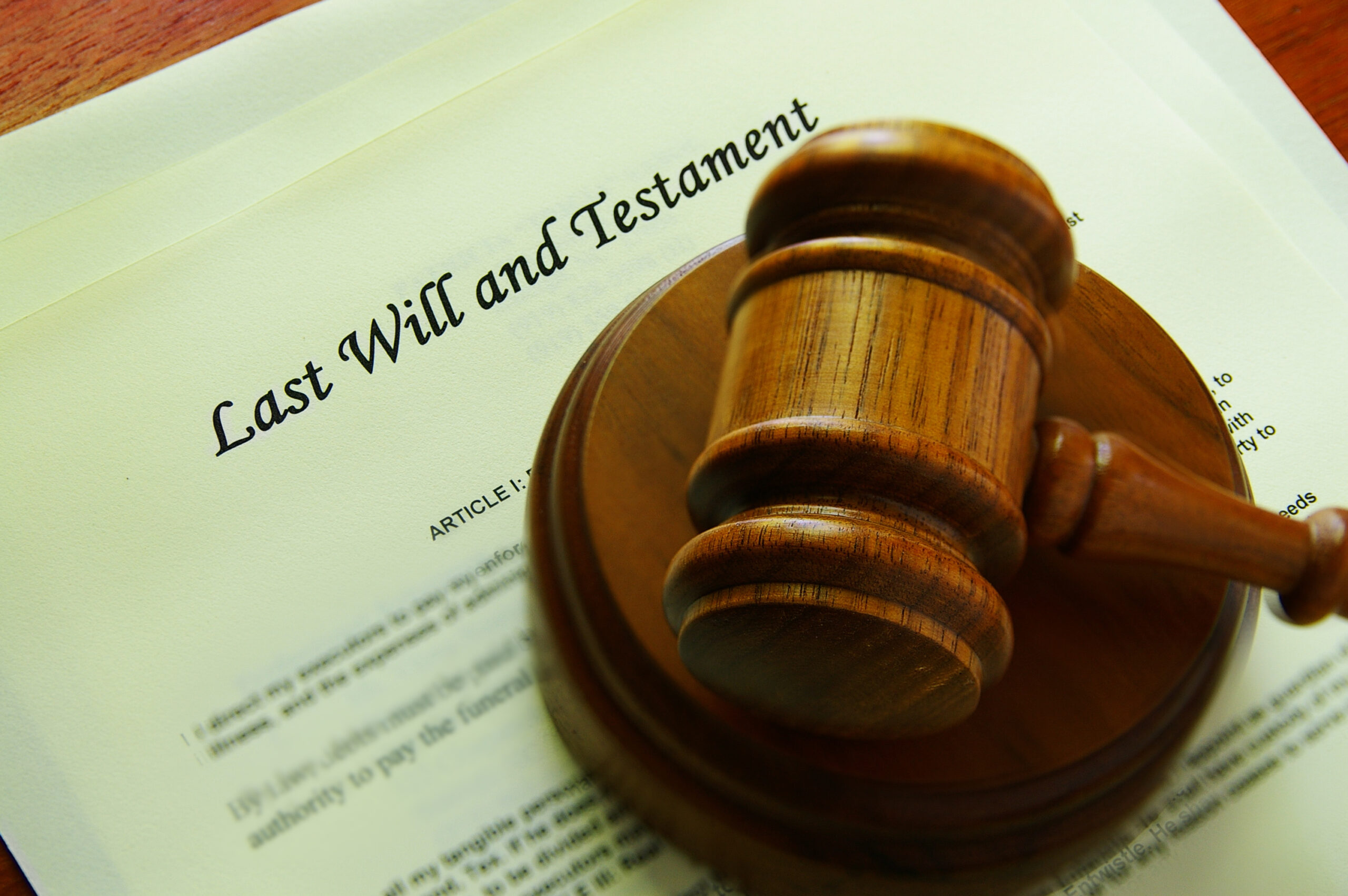
Yes. If the decedent died with probate assets (defined in as separate blog) and there is a Last Will and Testament, then that Last Will and Testament MUST be admitted to the Arkansas probate court and the probate court must oversee the administration of that estate and that Last Will and Testament.
Submitted by Landon Reeves on

This discussion will describe the most common situations that arise which necessitate the intervention of the Court and often times significant litigation involving the misbehavior of the Administrator, Executor, or Trustee.
Submitted by Landon Reeves on

Submitted by Landon Reeves on

This is a general explanation of the primary steps of analysis of a standard Arkansas probate. This process can vary greatly depending upon many factors and your circumstances may be different, but generally, this is the process you can expect.
Submitted by Landon Reeves on

In Arkansas, probate is necessary if someone has passed away, that person owned probate assets, and that person did not have their probate assets put into a Trust or other mechanism that avoids probate in Arkansas.
Submitted by Landon Reeves on

Probate Assets. Probate assets are generally any of the following assets that were owned by the decedent individually and not owned jointly with another person including:
- Real property titled solely in the deceased individual’s name (land, house, etc.);
- Cars, trucks, boats, and basically anything with a title;
Submitted by Landon Reeves on

In Arkansas, one of the most important reasons to create a Will is to name an executor or executrix.
Submitted by Landon Reeves on

Adverse possession in Arkansas is a legal concept that allows a person to acquire ownership of land without holding legal title, simply by occupying and using the property in a certain way over a specific period of time.
Submitted by Landon Reeves on

Navigating guardianship matters can be daunting for both guardians and wards. In Arkansas, the law provides specific rights to individuals placed under guardianship—often referred to as wards. At Reeves Law Firm, we believe it's crucial for wards and their families to understand these rights to ensure dignity and protection throughout the guardianship process.
Submitted by Landon Reeves on
